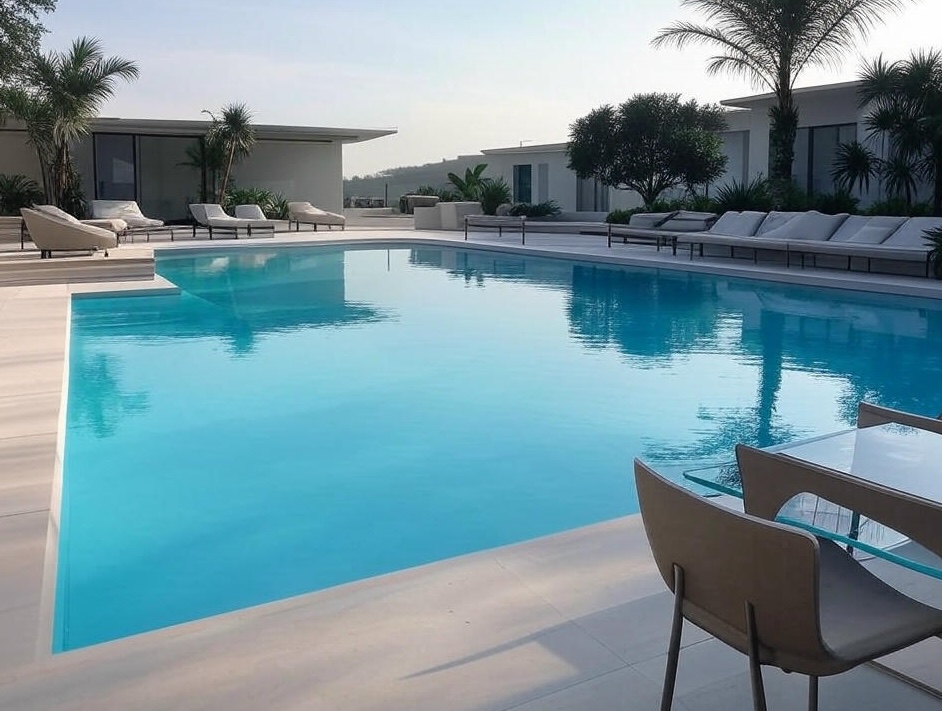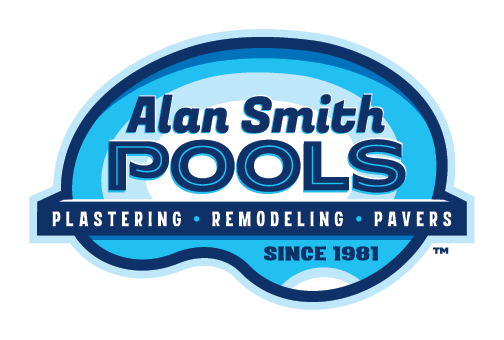Pool leak detection can be the difference between a minor fix and major structural damage. If you’re a homeowner looking to protect your investment, you might be wondering whether DIY pool leak detection or professional pool leak detection is the right path. Both approaches have merits, but the choice often comes down to budget, time, and how confident you are in your ability to spot hidden issues.
Many pool owners prefer trying simple tests on their own before calling in the experts. However, leaks located in underground plumbing or equipment lines can be tricky to pinpoint. For specialized cases, partnering with professional pool leak detection specialists can provide faster results and peace of mind.
Is Your Pool Really Leaking?
Some water loss can be normal due to factors like evaporation and splashing. In warm climates, it’s not unusual to lose a quarter inch of water daily. But if water levels drop more than that, it may signal a possible leak.
One Florida-based study estimates that about 5% of pools have ongoing leaks at any given time (FlumeWater, n.d.). When you suspect a leak, investigating early is crucial to prevent ongoing water waste and potentially expensive repairs down the line.
Early Indicators of a Swimming Pool Leak
Identifying leaks is often easier when you know what to watch for. Rapid water loss is a prime indicator, especially if you find yourself refilling the pool more often than usual. You might also see air bubbles in your pump, which signals air being sucked in through cracks or loose fittings.
Keep an eye on your yard too. Soggy patches of grass around the pool may point to hidden water seepage. On the chemical side, frequent pH imbalances could mean that fresh water is consistently entering the pool, diluting treatment chemicals faster than expected.
DIY Pool Leak Detection Methods
Homeowners sometimes prefer a direct, hands-on approach. If you’re comfortable experimenting with simple tools, you’ll find a few tests that can help confirm if there’s a leak.
The Bucket Test
This classic test compares your pool’s water loss to basic evaporation. Place a bucket on a pool step and fill it with the same water level as the pool. Turn off any auto-fill systems, mark both water lines, and return in 24 hours. If the pool’s water drops below the bucket’s mark, you likely have a leak rather than simple evaporation (American Leak Detection, n.d.).
The Dye Test
Another at-home technique involves adding specialized dye near areas prone to leaks, such as pool lights or cracks. With the pump turned off to still the water, watch the dye. If it swirls toward a specific spot, that’s a strong indicator of a leak. In tests conducted by various pool companies, dye methods have an accuracy rate of about 45% (IoT For All, n.d.).
Pressure Testing
If you suspect the issue lies within underground plumbing, pressure testing is a more advanced DIY route. You’ll need to seal off the lines, pressurize them, and monitor for drops in pressure. This test can be accurate, but it also requires specialized equipment. Many homeowners find the process daunting and opt for an expert pool repair service when dealing with complex plumbing checks.
When Professional Support Makes Sense
Professional leak detection services typically have an arsenal of diagnostic tools, including ultrasonic listening devices, electronic scanners, and even infrared cameras. In 2024, acoustic-based technology showed a 90% success rate in pinpointing leaks (IoT For All, n.d.). This is more than double the usual success rate of basic DIY methods.
In addition to specialized equipment, experts diagnose the main source of water loss more quickly. This can be particularly important if you suspect multiple leaks in different locations. Pool specialists also help minimize guesswork, reducing the risk of damaging pool structures while searching for the leak.
Cost Considerations: DIY vs. Professional
When weighing your options, budget is a primary factor. Basic at-home tests like the bucket or dye test typically cost well under $50. More advanced equipment for pressure testing might run $200 or more.
Professional services generally range from $100 to $800, depending on the size of the pool and complexity of the suspected leak (Angi.com, n.d.). If the leak is severe, early expert diagnosis may actually save you money by preventing serious structural damage. According to certain case studies, catching a hidden underground leak early can save property owners thousands of dollars.
Common DIY Mistakes to Avoid
Despite the appeal of doing it yourself, homeowners should tread carefully. One frequent misstep is skipping the bucket test and assuming all water loss is from evaporation. Another issue is failing to inspect equipment thoroughly. Pumps, filters, and valves can crack, leading to slow yet costly leaks.
Improper pressure testing also poses a risk. Failing to seal pipes correctly or reading the gauge inaccurately can lead to confusion. If you suspect significant underground issues, hiring pool remodeling services can address deeper structural concerns while resolving troublesome leaks.
Preventing Future Leaks
Regular checks are your first line of defense against leaks. Monthly visual inspections can catch minor cracks or worn-out seals before they escalate into bigger problems. Maintaining proper chemical balance is also important, as corrosive water conditions can degrade equipment and potentially cause leaks.
Winterizing procedures matter if your region experiences lower temperatures. Ensuring pipes are drained and properly insulated can reduce freeze-thaw damage. If you already have an older pool, reading a helpful homeowner’s guide to pool remodeling may offer strategies to refresh aging components.
Bottom Line
Detecting and repairing leaks doesn’t have to be overwhelming. Simple tests like the bucket or dye methods can help you spot minor issues quickly. If the problem persists or you suspect something more complicated, a professional approach offers advanced technology and specialized expertise.
From DIY steps to high-tech listening devices, there’s no single solution that fits every pool owner’s situation. Carefully weigh your confidence in tackling testing and repairs against the potential costs of extended damage. If you’re ready to explore professional assistance, contact Alan Smith Pools to learn about the solutions available in your area.
References
Angi.com. (n.d.). Pool Leak Detection Cost. Retrieved from https://www.angi.com/articles/pool-leak-detection-cost.htm
American Leak Detection. (n.d.). DIY Leak Tests: Bucket Test. Retrieved from https://www.americanleakdetection.com/diy-leak-tests/bucket-test/
FlumeWater. (n.d.). Flume Helps with Pool Leak Detection. Retrieved from https://flumewater.com/flume-helps-with-pool-leak-detection/
IoT For All. (n.d.). Water and Leak Detection in Commercial Pools with IoT. Retrieved from https://www.iotforall.com/water-and-leak-detection-in-commercial-pools-with-iot







